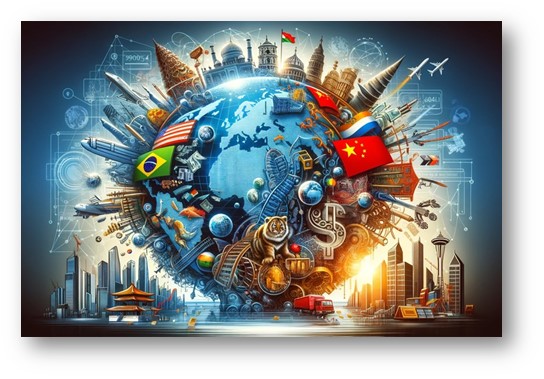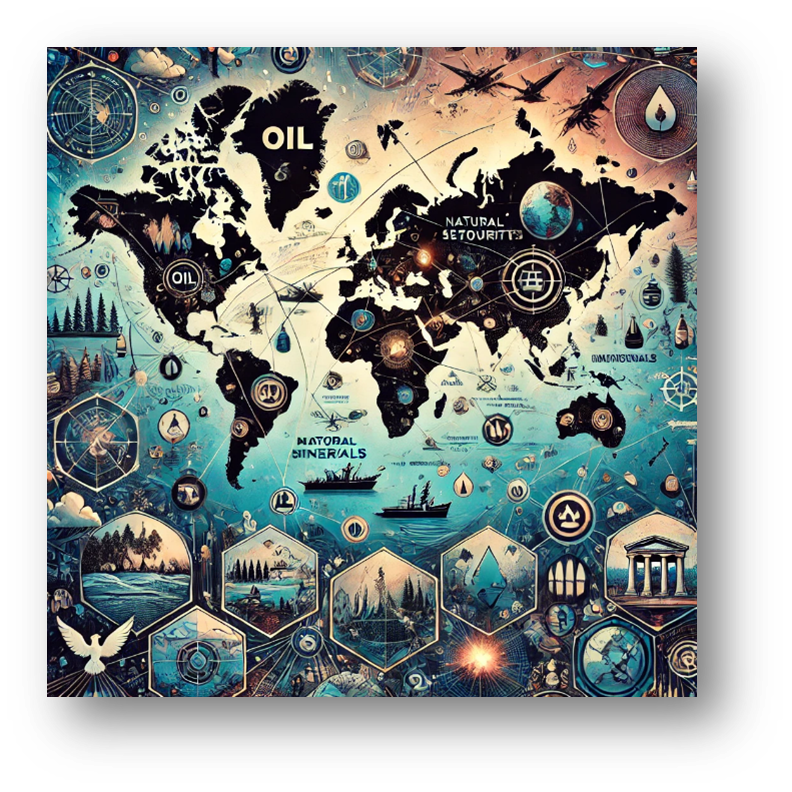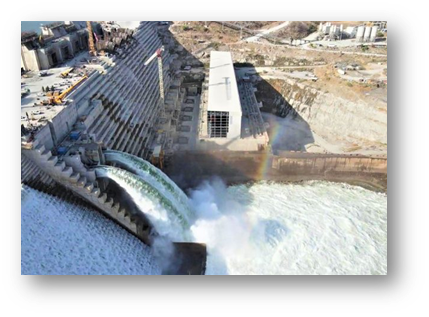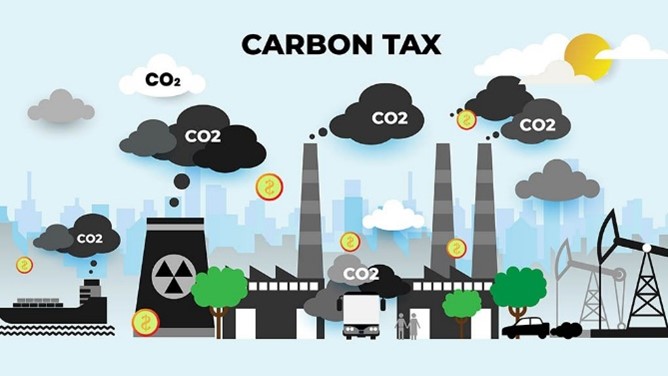Examining the nexus between natural resources and geopolitical stability

Examining the nexus between natural resources and geopolitical stability
by vivienne 04:32pm Dec 31, 2024

The relationship between natural resources and geopolitical stability is a critical and complex subject that shapes global politics, economics, and security.
Here's a breakdown of the key dimensions of this nexus:
1. Natural Resource Wealth and Geopolitical Influence
Economic Power: Nations with abundant natural resources, like oil, gas, and rare earth minerals, often gain significant geopolitical leverage. For instance, countries in the Middle East wield influence due to their vast oil reserves.
Energy Security: Resource-rich nations can use energy as a strategic tool. For example, Russia's control over natural gas supplies to Europe has been a point of contention.
Resource Diplomacy: Nations often engage in alliances and partnerships based on resource needs, as seen in China's Belt and Road Initiative, which ensures resource access for its growing economy.

2. Resource Scarcity and Conflict
Competition over Scarce Resources: Water, arable land, and minerals are often points of contention. The Nile Basin is an example where competing claims over water rights have led to geopolitical tension.
Conflict Zones: Resource-rich areas like the Democratic Republic of Congo have suffered from prolonged instability due to competition over valuable minerals like cobalt and diamonds.
Climate Change Impacts: Diminishing natural resources due to environmental degradation exacerbates disputes, especially in already volatile regions.

3. The Resource Curse and Internal Instability
Economic Dependence: Over-reliance on resource exports can lead to economic volatility, as seen in Venezuela and Nigeria, where fluctuating oil prices have undermined stability.
Governance Challenges: Corruption and weak institutions are common in resource-rich nations, leading to inequality and civil unrest.
Ethnic and Regional Strife: Uneven distribution of resource wealth within a country can fuel separatist movements, as observed in Sudan before its split into Sudan and South Sudan.
4. Geopolitical Tensions in Transitioning Economies
Energy Transition: As the world shifts to renewable energy, competition for critical minerals like lithium, cobalt, and rare earths is intensifying, reshaping geopolitics.
Strategic Chokepoints: Key resource transit routes (e.g., the Strait of Hormuz, the South China Sea) are hotspots for geopolitical friction.

5. International Resource Governance
-
Trade Agreements and Sanctions: Trade agreements often revolve around resource access, while sanctions are used as tools to limit resource-driven revenue (e.g., sanctions on Russian oil post-Ukraine invasion).
Multilateral Organizations: Groups like OPEC and forums like the Arctic Council play central roles in resource management and geopolitical negotiation.
Strategies to Mitigate Resource-Driven Instability
Diversification of Economies: Reducing dependence on resource exports helps stabilize economies.
International Cooperation: Shared governance of transboundary resources (e.g., water treaties) can reduce tensions.
Sustainable Practices: Investing in renewable energy and sustainable resource use diminishes reliance on finite resources.
The interplay between natural resources and geopolitical stability remains a pivotal force shaping the future of international relations. A balanced approach emphasizing resource management, cooperation, and innovation is crucial to mitigating conflicts and promoting global stability.






